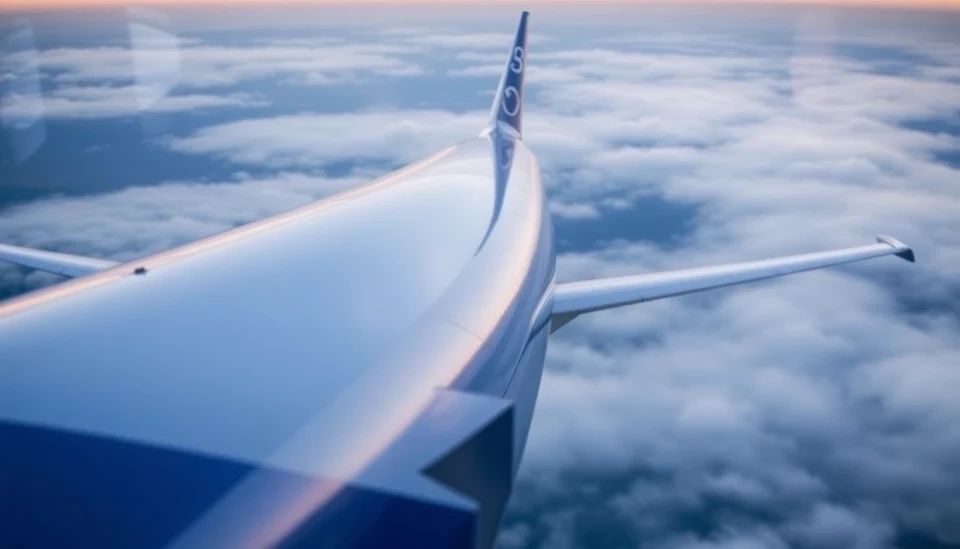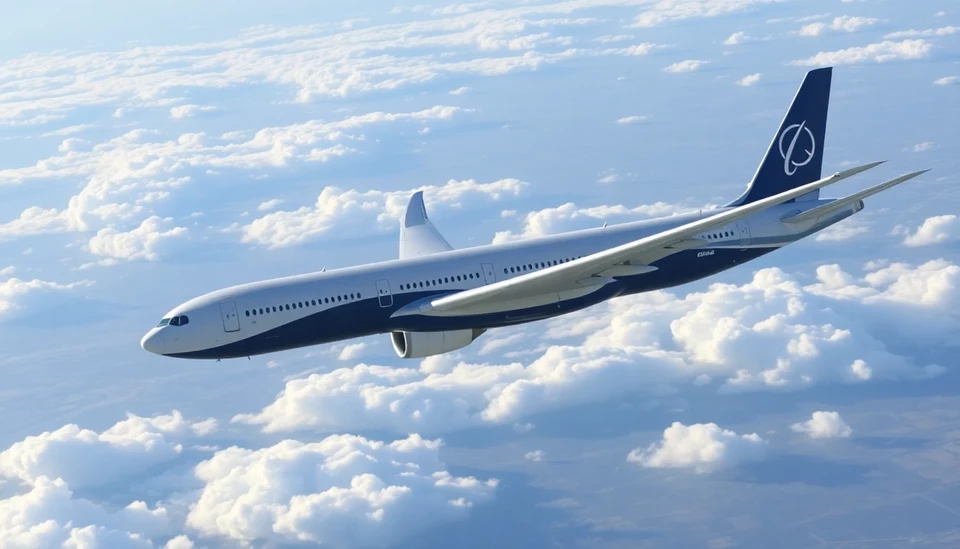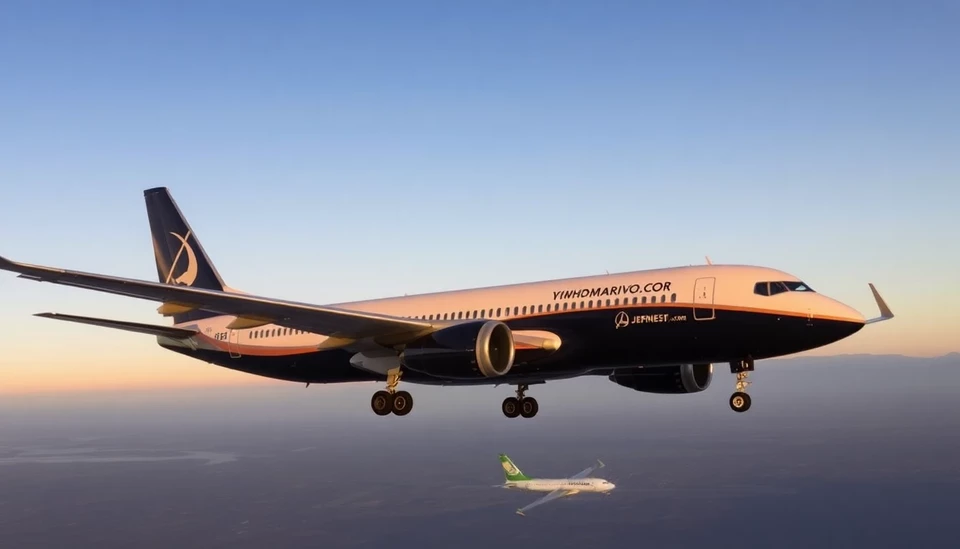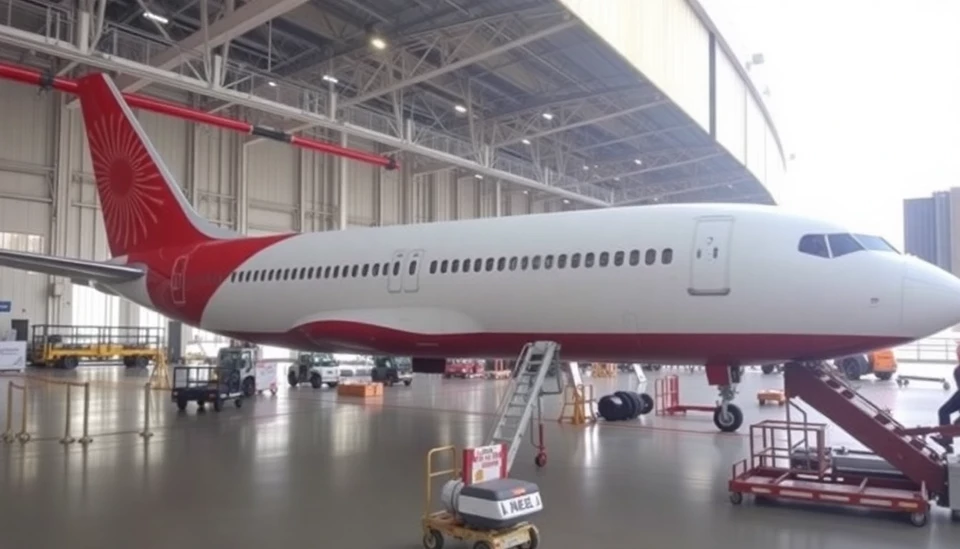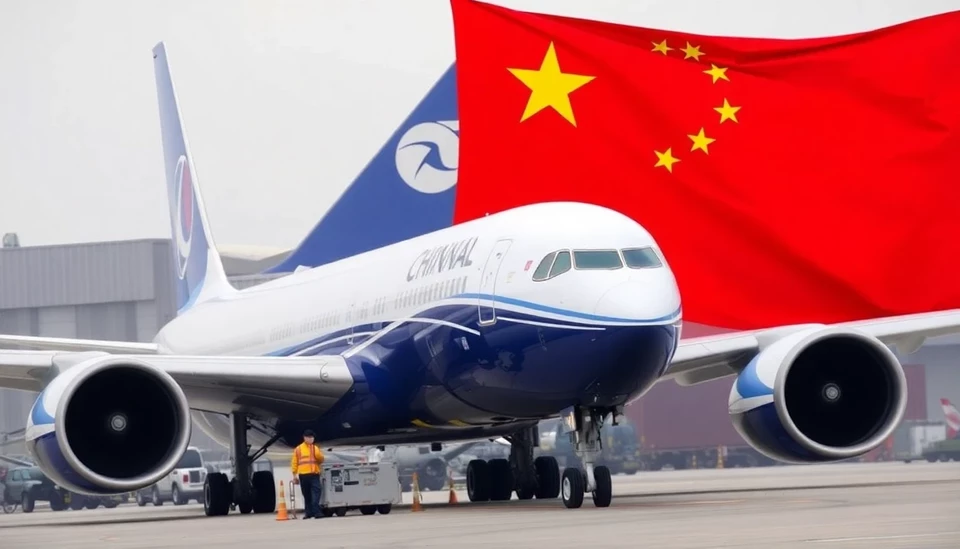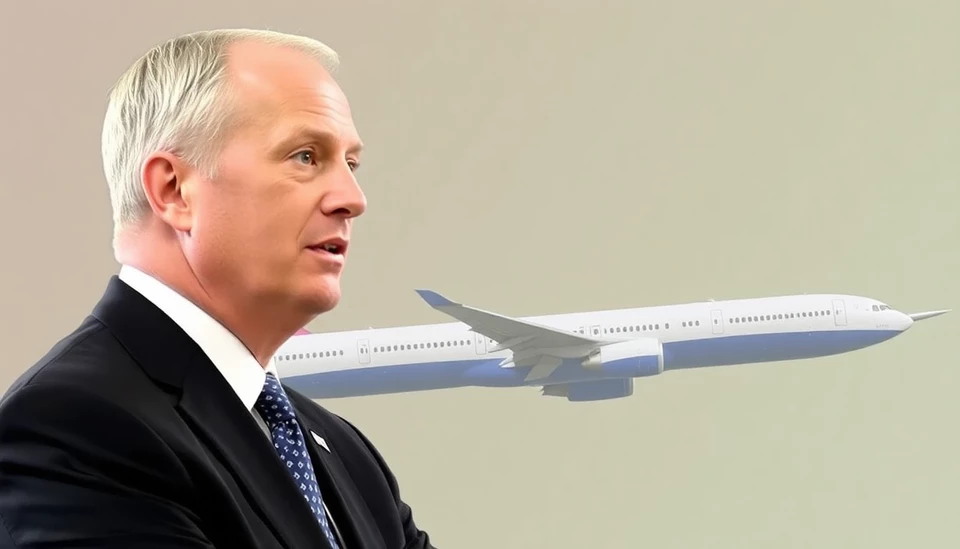
Boeing's chief executive officer is preparing to testify in front of the U.S. Senate regarding the company's safety reforms, aiming to address ongoing concerns about the aircraft manufacturer's commitment to safety measures. The hearing is scheduled for April and is expected to draw considerable attention from both lawmakers and the public given Boeing's troubled history following two fatal crashes involving its 737 MAX planes.
Initially, the Senate hearing was prompted by incidents that raised serious questions about Boeing's safety protocols and its corporate culture. The tragic accidents that resulted in the loss of 346 lives brought significant scrutiny to the company, leading to investigations by regulatory bodies and an overall reevaluation of how safety is prioritized within the aerospace sector.
The Senate Committee on Commerce, Science, and Transportation has been particularly critical of Boeing since 2019, when the crashes of Lion Air Flight 610 and Ethiopian Airlines Flight 302 resulted in a global grounding of the 737 MAX fleet. In the wake of these catastrophic events, pressure mounted on Boeing to enact substantial changes in its safety measures. The upcoming hearings are indicative of the continuing fallout from these incidents and the necessity for accountability at the highest levels of the company.
During his testimony, Boeing's CEO is expected to outline the steps that the manufacturer has taken to improve safety and instill a new culture within the organization. This might include initiatives such as more rigorous training for personnel, enhanced oversight processes, and a commitment to transparency when dealing with regulators and the public. The Senate’s focus will likely encompass not only Boeing’s internal changes but also the broader implications for the aviation industry as a whole.
The testimony comes at a crucial time as the Federal Aviation Administration (FAA) continues to face scrutiny regarding its regulatory oversight of the aircraft manufacturer. Lawmakers are keen to determine how effectively the FAA is ensuring compliance with safety standards and whether Boeing's recent commitments will be sufficient to restore public confidence in its aircraft.
In recent years, Boeing has committed to invest billions into improving safety, but the effectiveness and sincerity of these commitments remain under intense scrutiny. Expect questions regarding the tangible impact of these measures on the company's operational practices and how they will directly influence the safety of its aircraft going forward.
The aviation industry stakeholders are keeping a close eye on the proceedings as the outcomes of the hearings may have far-reaching consequences for regulatory policies, industry standards, and the competitive standing of Boeing in a post-pandemic aviation market. Moreover, the stakes are particularly high for Boeing as it seeks to regain trust from airlines, passengers, and regulatory bodies internationally.
As the date of the testimony approaches, it becomes increasingly evident that Boeing's future may hinge on the credibility of its leadership and its willingness to confront past mistakes constructively. The hope is that the forthcoming Senate hearing will pave the way for meaningful reforms that enhance the safety of all commercial aviation.
Members of the Senate and the public alike will be attuned to the developments that emerge during this high-stakes session, which is likely to shape the future landscape of aviation safety and regulatory oversight.
#Boeing #SenateHearing #AviationSafety #737MAX #SafetyReforms #CorporateCulture #FAA
Author: Victoria Adams
